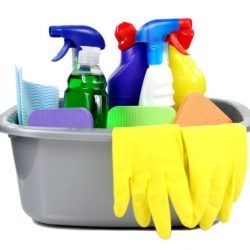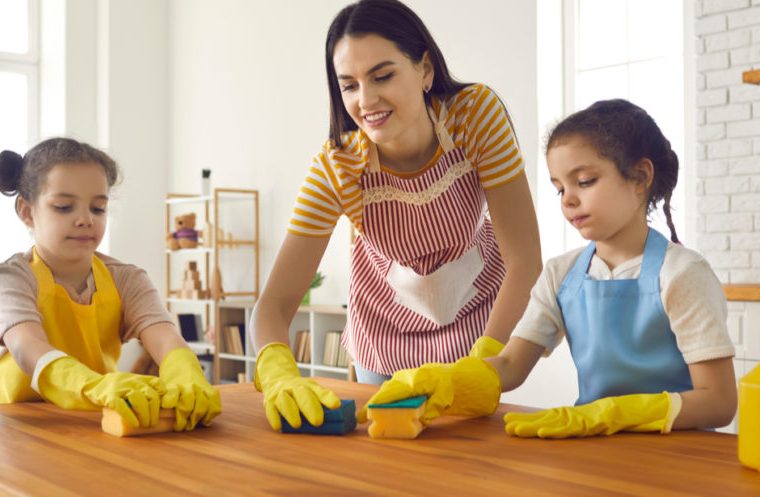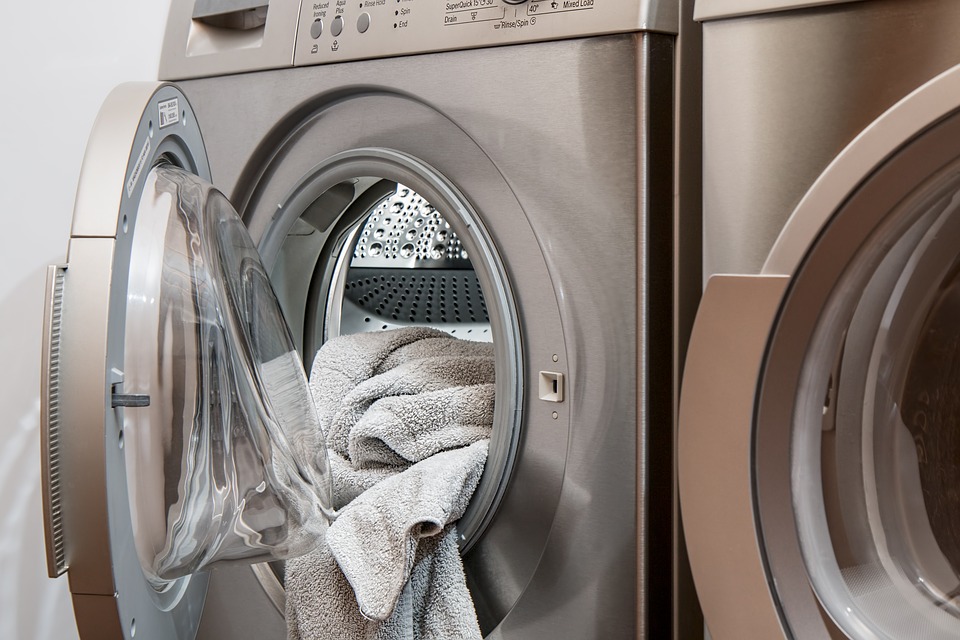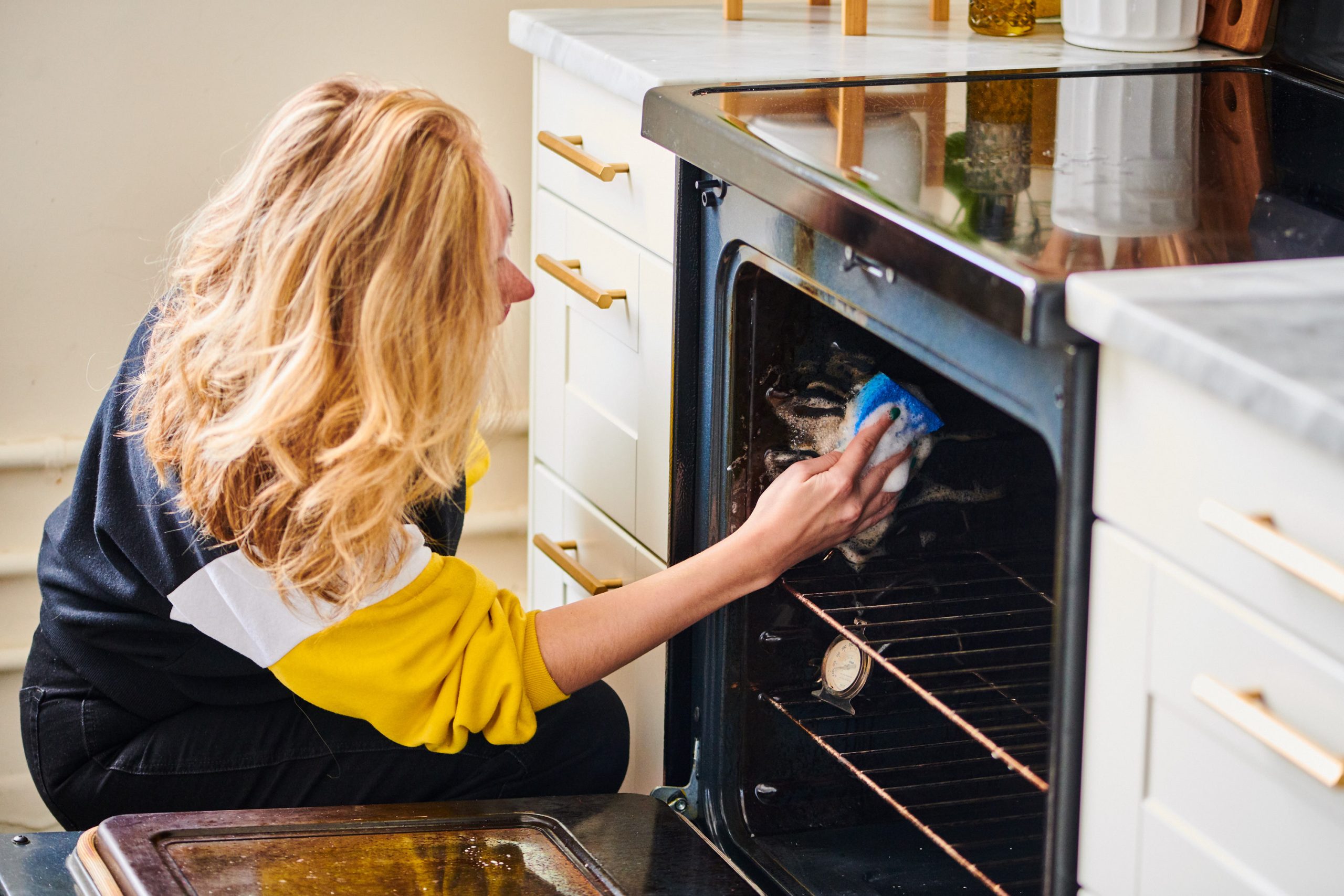As parents, instilling a sense of responsibility and cleanliness in our children is a valuable life skill that will serve them well into adulthood. Teaching them the importance of taking care of their surroundings and being accountable for their actions not only promotes a clean and organized home but also cultivates essential character traits. In this blog, we will explore engaging strategies to teach children about responsibility and cleanliness, nurturing habits that will benefit them throughout their lives.
Lead by Example
Children learn by observing their parents and caregivers. When it comes to responsibility and cleanliness, be a role model by demonstrating these behaviors in your daily life. Show them how you take care of your belongings, clean up after yourself, and contribute to maintaining a clean home environment.
Make It Fun
Cleaning doesn’t have to be a chore; it can be transformed into an enjoyable experience for children.
- Turn Cleaning into a Game
Transform mundane cleaning tasks into exciting challenges. Set a timer and see how fast they can tidy up their play area or turn folding laundry into a race. Incorporating elements of fun and competition can make cleaning more enjoyable for children. - Play Pretend
Use imaginative play to teach responsibility and cleanliness. Encourage them to pretend they are cleaning up their own house or taking care of their toys, promoting a sense of ownership and pride in their surroundings.
Age-Appropriate Chores
Assigning age-appropriate chores is an excellent way to teach children about responsibility and cleanliness.
- Start Early
Even toddlers can participate in simple tasks such as putting away their toys or wiping up spills. These small actions help them understand the concept of responsibility and contribute to the cleanliness of their environment. - Gradually Increase Difficulty
As children grow older, introduce more complex chores like making their bed, folding laundry, or helping with meal preparation. Adjust the difficulty level based on their capabilities and provide guidance as needed. This gradual progression allows children to develop a sense of competence and independence.
Establish Clear Expectations
Setting clear guidelines and expectations is essential in teaching children about responsibility and cleanliness.
- Set Clear Guidelines
Clearly communicate your expectations regarding cleanliness and responsibility. Explain why it is important to keep their personal space and shared areas clean and organized. Help them understand the positive impact their actions have on their environment and the people around them. - Create Chore Charts
Develop visual chore charts or checklists to help children track their responsibilities. This provides a sense of accomplishment as they complete tasks and reinforces the idea of taking ownership of their duties. Make the charts colorful and interactive, allowing them to mark off completed tasks and visually see their progress.
Encourage Independence and Decision-Making
Encouraging independence and decision-making empowers children to take responsibility for their actions and surroundings.
- Empower Decision-Making
Give children a sense of control and autonomy by allowing them to make choices related to cleaning. For example, let them decide which cleaning tools to use or how to organize their belongings. By involving them in decision-making processes, they develop a sense of ownership and take pride in their contributions. - Break Down Tasks
Help children break down larger cleaning tasks into smaller, manageable steps. This approach fosters a sense of achievement as they see progress and completion of each step. Breaking down tasks also prevents them from feeling overwhelmed and helps them develop problem-solving skills.
Provide Positive Reinforcement
Offering praise and rewards reinforces positive behaviors and motivates children to continue taking responsibility for cleanliness.
- Offer Praise and Recognition
Acknowledge and appreciate your child’s efforts in maintaining cleanliness and taking responsibility. Offer specific praise for their accomplishments, such as complimenting their organization skills or acknowledging their attention to detail. Recognizing their hard work and progress encourages them to continue their responsible behaviors. - Create a Reward System
Implement a reward system where children can earn points or tokens for completing chores or displaying responsible behaviors. These points can be exchanged for privileges or small incentives, fostering motivation and a sense of accomplishment. Ensure the rewards align with their interests and provide an extra incentive for them to take responsibility.
Teaching children about responsibility and cleanliness is an ongoing process that requires patience, consistency, and creativity. By leading by example, making cleaning fun, assigning age-appropriate chores, setting clear expectations, encouraging independence, and providing positive reinforcement, we can instill these important values in our children. By nurturing these habits from a young age, we equip them with the skills necessary for a clean, organized, and responsible future.





